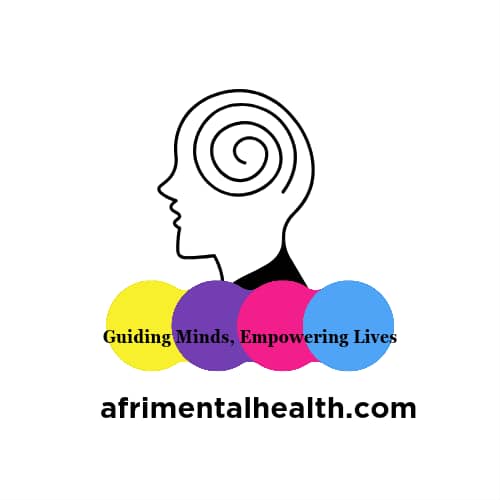WHAT IS ANXIETY?
Anxiety is a feeling of fear, tension, or worry that occurs as a response to real or perceived threats. Anxiety is a common emotion and feeling anxious does not always mean a person has a mental illness, it only becomes a problem when it becomes a frequent, out of proportion to a situation, or persists after the situation is over. When you have anxiety disorder, the anxiety does not go away and can get worse over time. The symptoms of anxiety disorder can interfere with your day to day activities. According to WHO (2023) anxiety disorders are the world’s most common mental disorders affecting 301 million people.
SYMPTOMS OF ANXIETY DISORDERS
- Sweating
- trembling
- breathing rapidly
- feeling weak or tired
- having trouble sleeping
- having trouble controlling worry
- nervousness, restless or tense
- trouble concentrating or thinking about anything other than the present worry
- having the urge to avoid things that trigger anxiety
- having a sense of impending danger or panic or doom
TYPES OF ANXIETY DISORDERS
Generalized anxiety disorder: This includes persistent worry about activities or events. The worry is out of proportion to the actual circumstance, is difficult to control, and affects how you feel physically. This often occurs along with other anxiety disorders.
Agoraphobia: This is when you have an intense fear of becoming overwhelmed or unable to escape to get help. People with agoraphobia often avoid new places and unfamiliar situations, like large, open areas, enclosed spaces, crowds and places outside of their homes.
Selective mutism: This is most common in children and some teenagers. Selective mutism is when children fail to speak in certain environments because they are afraid to do so.
Panic disorder: This is a condition where a person gets repeated episodes of sudden feelings of intense anxiety and fear or terror that reach a peak within minutes (panic disorder). The main characteristic of this condition is that it usually happens without warning and it’s not due to another mental illness or physical condition.
Social anxiety disorder: This happens when a person has an intense fear of being judged by others. This often leads to the person avoiding social interactions, intense self-consciousness and finding it hard to make eye contact.
Separation anxiety disorder: This is a childhood disorder that is characterized by excessive anxiety when you are separated from a loved one.
Specific phobias: Phobias provoke panic attacks in certain people. A phobia is whereby a person gets major anxiety when exposed to certain objects or situations. The phobia can get severe and overwhelmingly disrupt your life.

